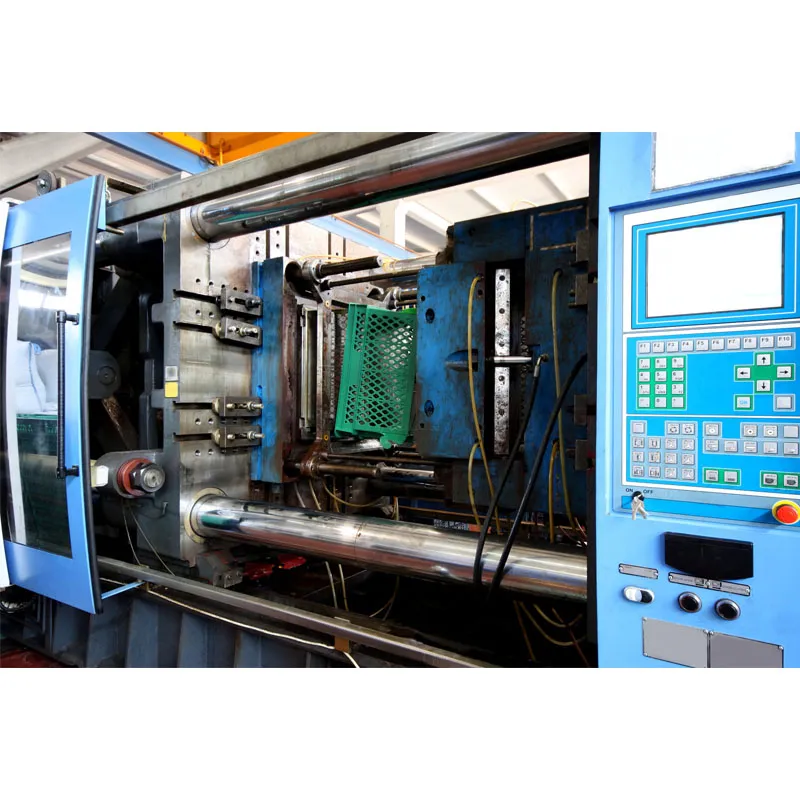Maintaining Hydraulic Cylinders: Tips for Longevity and Efficiency
2024-08-30
Introduction
Hydraulic cylinders are critical components in many industrial and mechanical systems, providing the power and precision needed to perform various tasks. However, like any mechanical device, hydraulic cylinders require regular maintenance to ensure their longevity and efficiency. In this blog, we will discuss common issues with hydraulic cylinders, provide tips for maintaining them, and highlight the importance of regular maintenance for optimal performance.
Common Issues with Hydraulic Cylinders

Despite their robust design, hydraulic cylinders can encounter several issues that may affect their performance. Some common problems include:
1. Seal Failure
- Description: Seals are essential for preventing hydraulic fluid from leaking out of the cylinder. Over time, seals can wear out, crack, or become damaged, leading to fluid leaks.
- Impact: Seal failure can result in a loss of pressure, reduced efficiency, and potential damage to the cylinder and surrounding components.
2. Rod Damage
- Description: The piston rod is exposed to various forces and environmental conditions, which can lead to scratches, dents, or corrosion.
- Impact: Damage to the rod can cause seal wear, fluid leaks, and reduced cylinder performance. In severe cases, it can lead to cylinder failure.
3. Bent Rods
- Description: Excessive load, improper installation, or external forces can cause the piston rod to bend.
- Impact: A bent rod can lead to uneven wear on seals, difficulty in cylinder operation, and eventual failure of the cylinder.
4. Contaminated Hydraulic Fluid
- Description: Hydraulic fluid can become contaminated with dirt, debris, water, or other contaminants.
- Impact: Contaminated fluid can cause wear and damage to the cylinder components, reduce efficiency, and lead to premature failure.
5. Corrosion
- Description: Exposure to moisture, chemicals, or harsh environmental conditions can cause corrosion of the cylinder components, especially the piston rod.
- Impact: Corrosion weakens the structural integrity of the cylinder, leading to leaks, reduced performance, and potential failure.
Tips for Maintaining Hydraulic Cylinders
Regular maintenance is key to ensuring the longevity and efficient operation of hydraulic cylinders. Here are some tips for maintaining hydraulic cylinders:
1. Regular Inspection
- Action: Inspect hydraulic cylinders regularly for signs of wear, damage, or leaks. Check the seals, piston rod, cylinder barrel, and connections for any abnormalities.
- Benefit: Early detection of issues allows for timely repairs, preventing minor problems from escalating into major failures.
2. Cleanliness
- Action: Keep the hydraulic system and surrounding area clean. Prevent dirt, debris, and contaminants from entering the hydraulic fluid or the cylinder.
- Benefit: Cleanliness reduces the risk of contamination, which can cause wear and damage to the cylinder components.
3. Seal Replacement
- Action: Replace seals periodically or at the first sign of wear or damage. Use high-quality seals that are compatible with the hydraulic fluid and operating conditions.
- Benefit: Proper seals prevent fluid leaks, maintain pressure, and extend the life of the cylinder.
4. Rod Protection
- Action: Protect the piston rod from damage by using rod wipers, boots, or covers. Avoid placing heavy loads or external forces on the rod.
- Benefit: Protecting the rod prevents scratches, dents, and corrosion, ensuring smooth operation and prolonging cylinder life.
5. Fluid Maintenance
- Action: Regularly check and replace hydraulic fluid. Use the recommended fluid type and maintain the correct fluid levels. Filter the fluid to remove contaminants.
- Benefit: Clean and appropriate hydraulic fluid ensures efficient operation, reduces wear, and prevents damage to the cylinder.
6. Lubrication
- Action: Lubricate moving parts and connections to reduce friction and wear. Use lubricants that are compatible with the hydraulic fluid and cylinder materials.
- Benefit: Proper lubrication minimizes friction, reduces wear, and ensures smooth operation of the cylinder.
7. Avoid Overloading
- Action: Do not exceed the cylinder's load capacity. Use the cylinder within its specified operating limits.
- Benefit: Avoiding overloads prevents bending, damage, and failure of the piston rod and other cylinder


